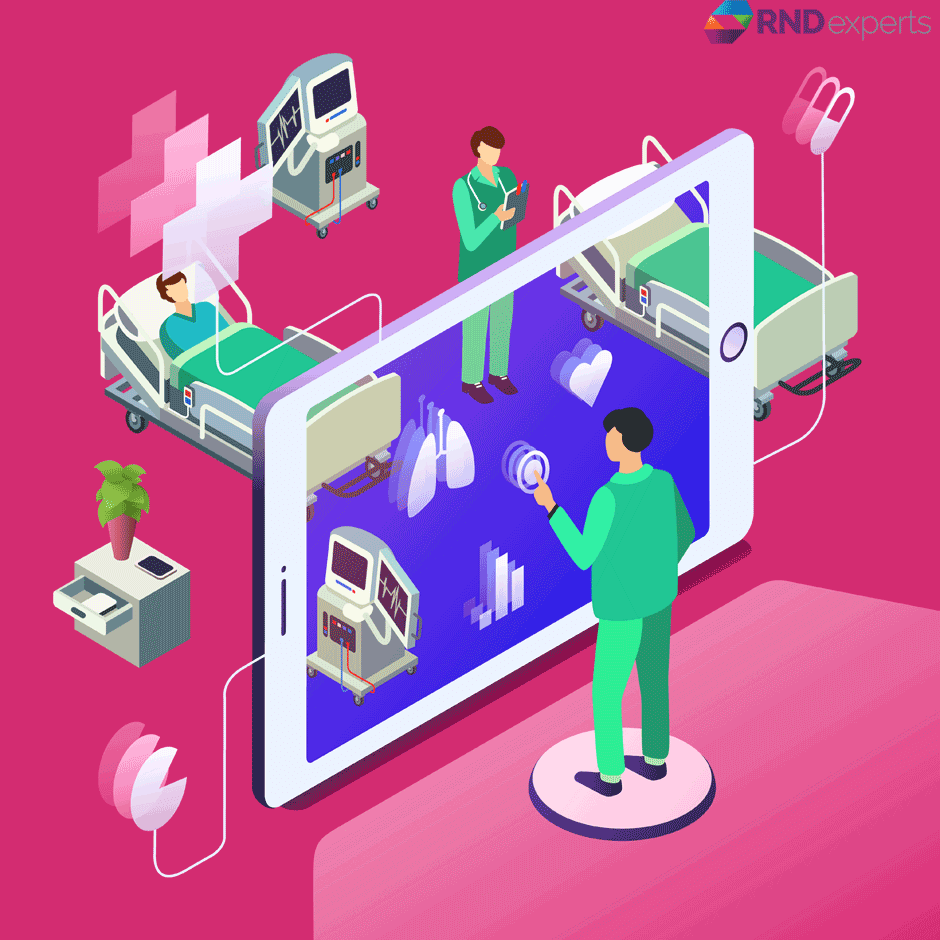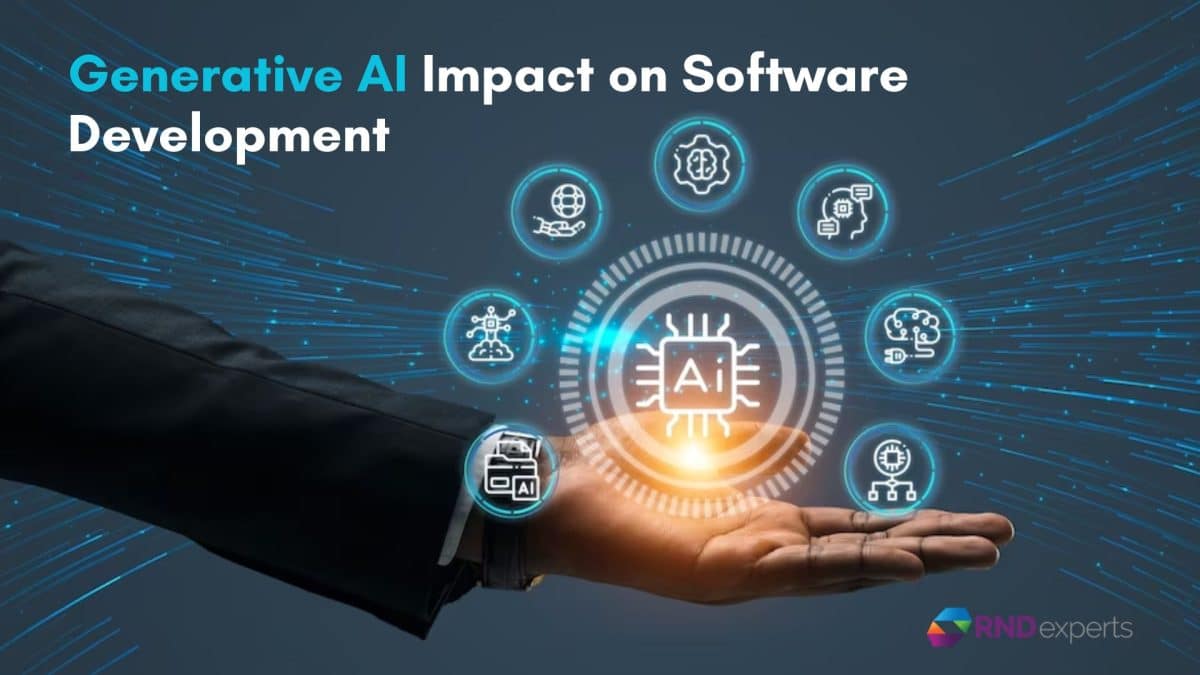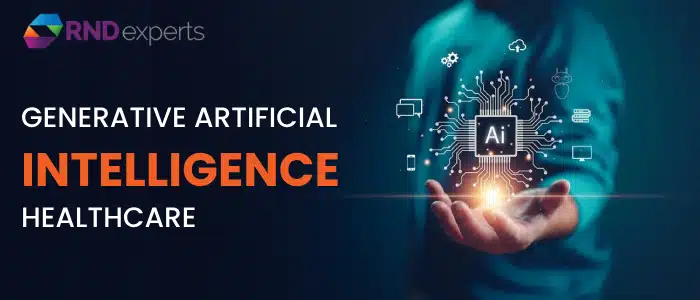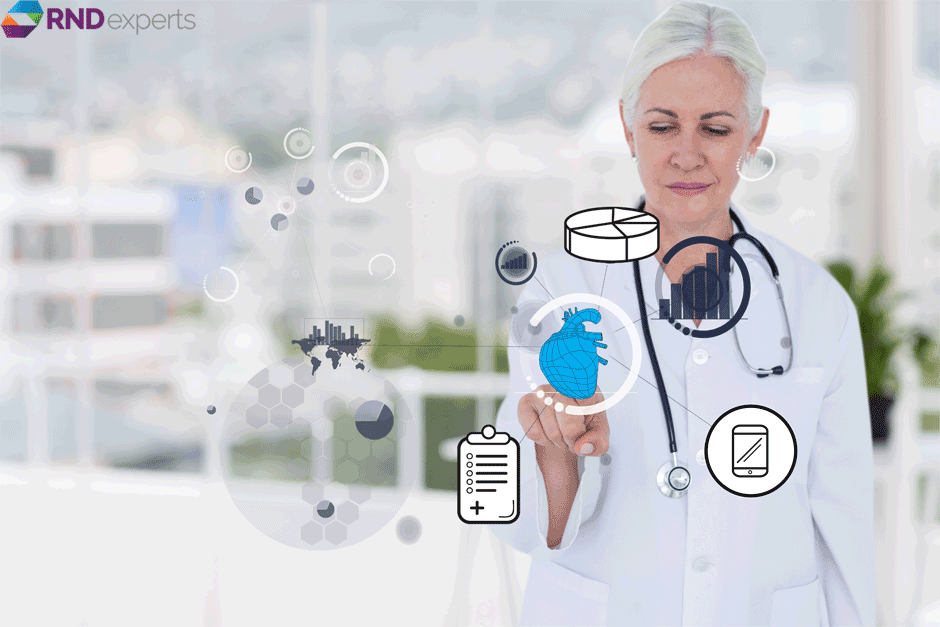As we dive further into the 21st century, Artificial Intelligence (AI) continues to evolve and shape our world in unprecedented ways. One area of AI that has garnered significant attention and excitement in recent years is generative AI. This powerful subset of AI has already started to make a mark across a variety of industries, leading to the creation of novel content and inspiring ideas that might have seemed impossible just a decade ago.
What is Generative AI?
Generative AI, at its core, refers to any AI model that creates new data or content. It’s an AI system designed to learn patterns in input data to generate output data that mirror the original dataset. In other words, it simulates the distribution of the original data. These models can generate a wide range of outputs, including text, images, music, and even complex designs.
Generative AI is based on a type of neural network called a Generative Adversarial Network (GAN). Invented by Ian Goodfellow in 2014, a GAN consists of two parts: a generator that creates new data instances, and a discriminator that evaluates them for authenticity. The generator and discriminator engage in a continuous game of cat and mouse, with the generator striving to produce more realistic outputs and the discriminator becoming increasingly proficient at spotting the fakes.
Generative AI in Action
Generative AI has found diverse applications across various fields, demonstrating its versatility and creative capabilities.
Art and Design: AI models have been trained to create artwork that is virtually indistinguishable from pieces created by human artists. For instance, a portrait generated by a GAN, titled ‘Portrait of Edmond de Belamy’, was auctioned at Christie’s for an astonishing $432,500 in 2018. Generative AI is also being used in the field of design, generating unique and innovative design solutions for architecture, fashion, and product development.
Text Generation: Perhaps one of the most prominent examples of generative AI is in the field of text generation. AI models, like OpenAI’s GPT-4, can create coherent and contextually relevant text based on a given prompt. These models can generate news articles, write poetry, author reports, and even engage in human-like conversation, opening up possibilities for tasks ranging from customer service to content creation.
Music Composition: Generative AI has made significant strides in the music industry as well, composing original pieces of music that can mimic the style of a particular artist or genre. Musicians and producers are using AI to explore new musical landscapes, uncovering unique combinations of melodies and harmonies that might not have been discovered otherwise.
Drug Discovery: In the healthcare sector, generative AI models are being employed for drug discovery, using AI to predict the properties of a molecule and generate potential new drug candidates. This significantly reduces the time and costs associated with traditional drug discovery methods.
The Future of Generative AI
The future of generative AI is fascinating and largely uncharted. As these models continue to improve, they will undoubtedly generate content of increasing complexity and creativity.
However, it’s also essential to consider the ethical implications of generative AI. As these technologies become more sophisticated, it’s critical to manage the potential misuse, such as generating deep fake videos or spreading disinformation.
Despite these challenges, the potential benefits of generative AI are immense. As we continue to hone and refine these technologies, we will likely witness an entirely new realm of creativity and innovation. It’s an exciting time to be alive, as we explore what it means to create and innovate in a world increasingly shaped by artificial intelligence.
Generative AI is more than a tool; it’s a collaborative partner, expanding the boundaries of human creativity. As we move forward, we have the opportunity to shape this technology in a way that fosters creativity, drives innovation, and serves humanity’s greater good.
Welcome to the era of generative AI, where the canvas of creativity is infinite, and the future is bursting with unimagined possibilities.
Applications of Generative AI in Healthcare

Drug Discovery and Development
Traditionally, the process of drug discovery and development is time-consuming, costly, and fraught with high rates of failure. Generative AI is proving to be a game-changer in this field. By learning the properties of thousands of known drugs, a generative AI model can create new drug candidates that could potentially treat a specific disease. It can suggest molecular structures that have never been synthesized before, potentially leading to the discovery of more effective and safer drugs.
Medical Imaging and Diagnostics
Generative AI can also aid in the interpretation of medical imaging. It can generate high-quality, realistic images from lower-quality ones, helping doctors to make more accurate diagnoses. For example, GANs have been used to improve the quality of MRI scans, making it easier to identify and diagnose health conditions.
Furthermore, generative AI can create synthetic medical images for training AI systems. AI needs a vast amount of data to learn accurately, and there’s often a scarcity of medical data due to privacy concerns. Generative AI can solve this problem by creating synthetic yet realistic patient data, enabling AI to learn without compromising patient privacy.
Predictive Healthcare
Generative AI can also predict the likelihood of certain health conditions in patients. For instance, a generative AI model can generate possible patient trajectories based on a given patient’s health records, enabling healthcare providers to anticipate and prevent potential health risks.
Personalized Medicine
Generative AI can be used to tailor treatments to individual patients. It can generate treatment plans optimized for specific patient profiles, leading to better patient outcomes.
Benefits of Generative AI in Healthcare
Speed and Efficiency
Generative AI can significantly reduce the time required for drug discovery and medical diagnoses, making the healthcare process more efficient.
Cost Reduction
By automating and speeding up processes, generative AI can reduce costs in drug discovery, diagnosis, and treatment planning.
Improved Patient Care
Generative AI allows for more accurate diagnoses and personalized treatment plans, leading to improved patient care and outcomes.
Innovation
Generative AI can generate innovative solutions that may not have been previously considered, such as new drug molecules or treatment methods.
Conclusion –
The potential of generative AI in healthcare is vast. As these technologies continue to evolve and improve, we can expect even more profound impacts on the healthcare industry. However, the deployment of generative AI also needs to consider ethics, privacy, and data security issues.
Although we’ve strived to provide comprehensive coverage of generative AI applications in healthcare in this article, we understand you may still have further queries or unique requirements. If you’re seeking assistance in developing AI solutions specific to your healthcare setup, we invite you to reach out to us for additional support.
Our team at RND Experts, a group of dedicated AI specialists, is fully equipped and ready to work hand-in-hand with you. We aim to pinpoint areas in your operations where AI can make a significant impact, create customized AI solutions that align with your specific needs, and guide you through the complex process of integrating AI into your current healthcare systems. Reach out to us today to take the first step towards a future shaped by AI in healthcare.








